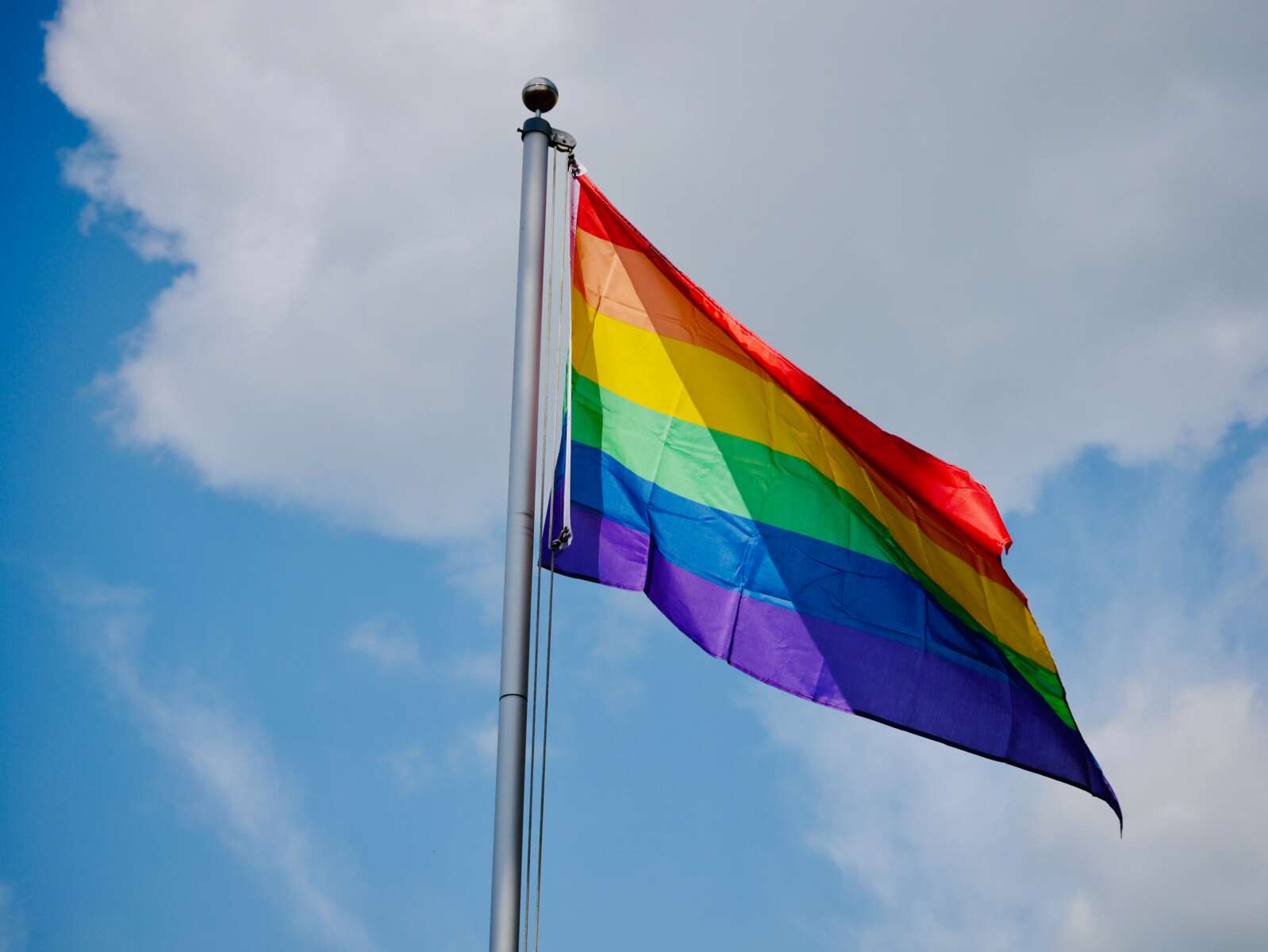
Despite consistently receiving high marks from the Human Rights Campaign (HRC), Equality Arlington says Arlington County still has more work to do to improve services for LGBTQ residents.
Last week, the local LGBTQ nonprofit sent a letter to the Arlington County Board and County Manager, highlighting gaps in services, such as health care, workforce education and outreach, as revealed by the HRC Municipal Equality Index (MEI) — a scoring system used to rate a city’s inclusivity.
While Arlington County earned a near-perfect rating from the HRC in 2022 and 2023, the nonprofit argues there is still room for improvement.
“I think for a lot of LGBTQ plus residents, Arlington comes across as a friendly community, but it’s not a community that I would say like specifically invests in the queer community and certainly not in the way that you see like D.C. invest in marketing and making sure that we have sexual health resources and we have sort of community building things,” Equality Arlington President Kellen MacBeth told ARLnow.
According to the index, localities can score up to 100 points for having non-discrimination laws, employee benefits and protections for LGBTQ employees, inclusive municipal services, fair treatment by law enforcement, and equal rights promotion. Localities can also earn extra “flex points” for taking extra steps to support LGBTQ communities.
In 2022 and 2023, Arlington was awarded roughly half of the available flex points, falling short in areas such as preventing conversion therapy for LGBTQ youth, implementing anti-bullying initiatives, representation by openly LGBTQ leaders, and providing adequate services for various groups within the LGBTQ community, including transgender people, seniors, those living with HIV or AIDS and individuals experiencing homelessness.
In response, Equality Arlington proposed several steps the county could take to address these issues, including establishing anti-bullying measures for non-binary and transgender youth, offering “culturally competent training” for staff, collaborating with LGBTQ and religious organizations to expand affordable housing for seniors, subsidizing STI testing costs, and allocating more resources to public health and recreational services for LGBTQ residents.
County Board Chair Libby Garvey acknowledged that “more can and should be done” to ensure Arlington’s policies and services are more inclusive and promised to review and discuss the recommendations from Equality Arlington alongside the County Manager’s office.
“Arlington County strives to be a welcoming and inclusive home for all its residents, especially for those in the LGBTQ+ community,” she told ARLnow in an email.
Although county staff have been receptive to Equality Arlington’s recommendations in the past, MacBeth says the issue lies in prioritizing the implementation of these policies.
“I don’t think anything that we asked for in the letter carries a huge price tag,” MacBeth said. “I think pretty much everything in there is pretty reasonable as far as how much it would cost to implement or at least pilot or start to implement.”
Gurjit Chima, the assistant county manager for the Office of Human Rights, EEO, and ADA, is Arlington’s designated LGBTQ liaison, to which the HRC awarded points. However, MacBeth alleges that Chima’s office has not been in contact with the local LGBTQ community.
“We were very surprised that the county was getting points for that because none of us on the board, or just anyone that we talked to in Arlington, had ever heard of there being an LGBTQ plus liaison, and even county staff that we talked to had never heard of that,” he said.
Looking ahead, MacBeth says the LGBTQ community is calling for the county to appoint a liaison to ensure the needs of Arlington’s LGBTQ residents are considered when making policy decisions.
“They would be the ones who are bringing back the information and working to make sure that when decisions, policies and practices are put into effect,” MacBeth said. “They’re the ones who are saying, ‘Have we thought about the specific needs of the queer community? Have we thought about how this may impact them? Have we consulted with them?'”
Photo via Sophie Emeny/Unsplash

